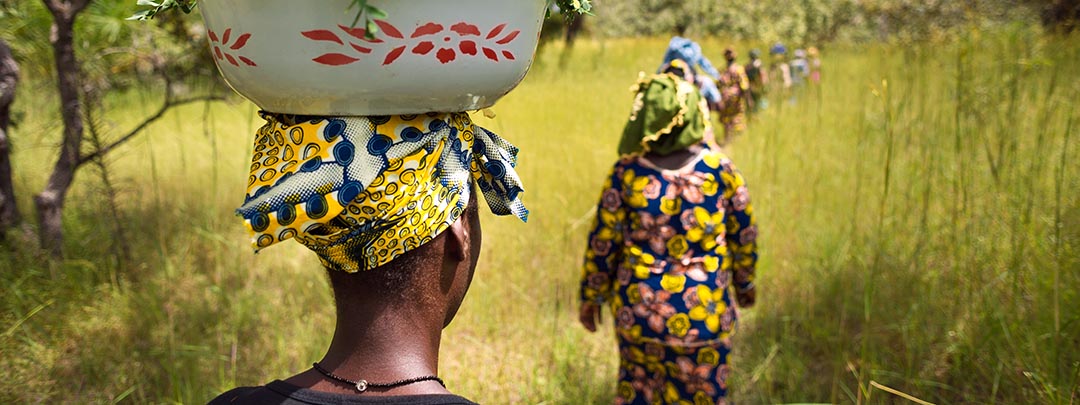Human Rights, Security, and National Adaptation Plans Nexus: A Holistic Approach to Women and Human Mobility
Jul 28, 2025
|
PCCB Network | Paris Committee on Capacity-Building
Virtual
View Original
What happens when climate adaptation, human rights, and security intersect? How can National Adaptation Plans (NAPs) better protect the rights of women and climate-displaced communities?Join us on 28 July from 16:00–17:30 (UTC+2) to explore these questions!This dynamic session will explore how inclusive, gender-responsive, and rights-based approaches can strengthen national adaptation planning — and ensure that no one is left behind. We’ll dive into:
- The climate-gender-security connection
- Risks like conflict, water insecurity, and displacement — and their impact on women
- How to integrate human rights, peace building, and mobility into NAPs
- Legal, policy and practical tools to align with global climate goals
- The power of inclusive and participatory adaptation policies
Whether you’re working in policy, advocacy, academia or community-led action — this conversation is for you.Join us online — Register here: https://lnkd.in/ehTSrdwy
Background
This joint session aims to explore the links between national adaptation planning, women’s rights, climate-related human security issues, and human mobility, emphasizing inclusive and rights-based approaches.
Objectives
- Enhance understanding of the climate-gender-security connection, focusing on women’s rights and climate-induced human mobility.
- Highlight the impacts of climate-related security risks, such as loss of livelihoods, conflicts over natural resources, food and water insecurity and human mobility on women's populations and the need to uphold their rights in adaptation planning
- Highlight the interlinkages between climate adaptation, human rights and peacebuilding in the context of NAPs
- Provide legal, policy, and practical entry points for integrating gender-responsive, human rights-based, and mobility-sensitive approaches into NAPs in alignment with international climate obligations
- Promote inclusive and participatory mechanisms, especially the engagement of women, local communities, and climate-affected migrants, in the design and implementation of climate adaptation policies
- Enhance the capacity of policymakers, practitioners, and civil society to implement comprehensive, cross-sectoral strategies that integrate adaptation planning with human security and justice
Agenda
| Time/Duration | Segment | Speaker & Affiliation |
| 5 min | Welcome and opening Remarks | PCCB Team |
| 10 min | Understanding Climate-related Human Security Risks | ClimLaw: Graz, Prof.Oliver Ruppel |
| 10 min | The Importance of Incorporating Security Risk Aspects into Climate Policies, Focusing on NAPs | External Speaker (TBC) |
| 10 min | Guidance Entry Points: Women’s Rights and Security Risks in NAPs | ClimLaw:Graz, Atieh Khatibi |
| 10 min | Climate-induced Mobility and Adaptation Strategies | ACE Observatory |
| 10 min | Case Example and Policy Tools | ACE Observatory |
| 20 min | Panel Discussion: Building Gender-Responsive and Mobility Aware NAPs | All Speakers |
| 15 min | Interactive Q & A | All |
| 5 min | Summery and Next Steps | TBD |
